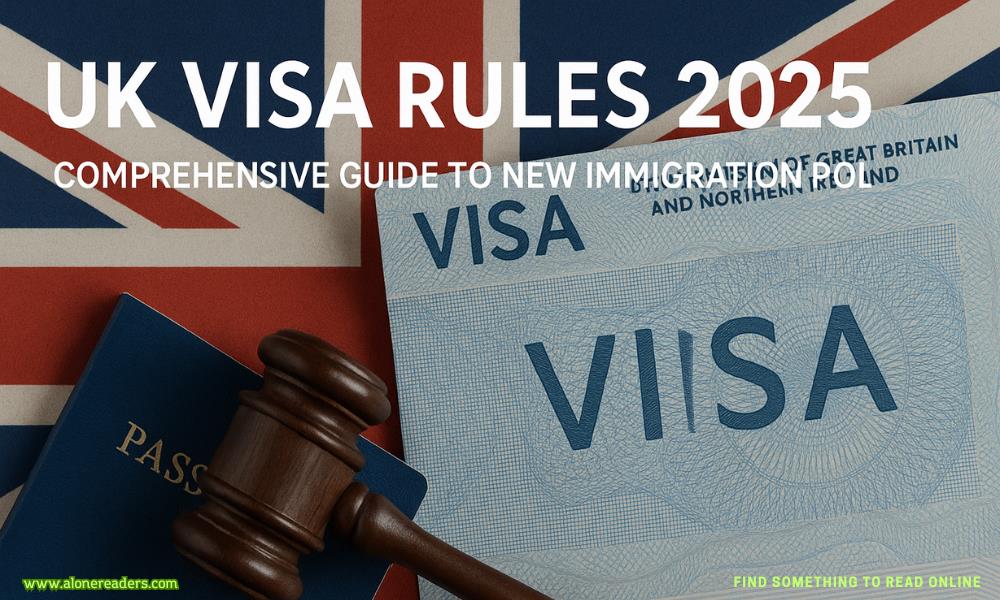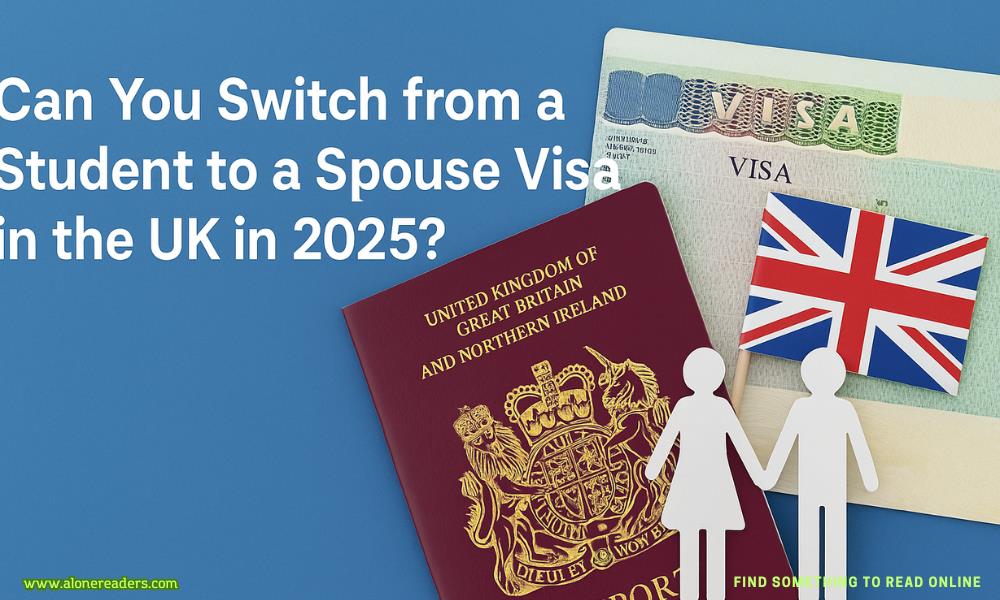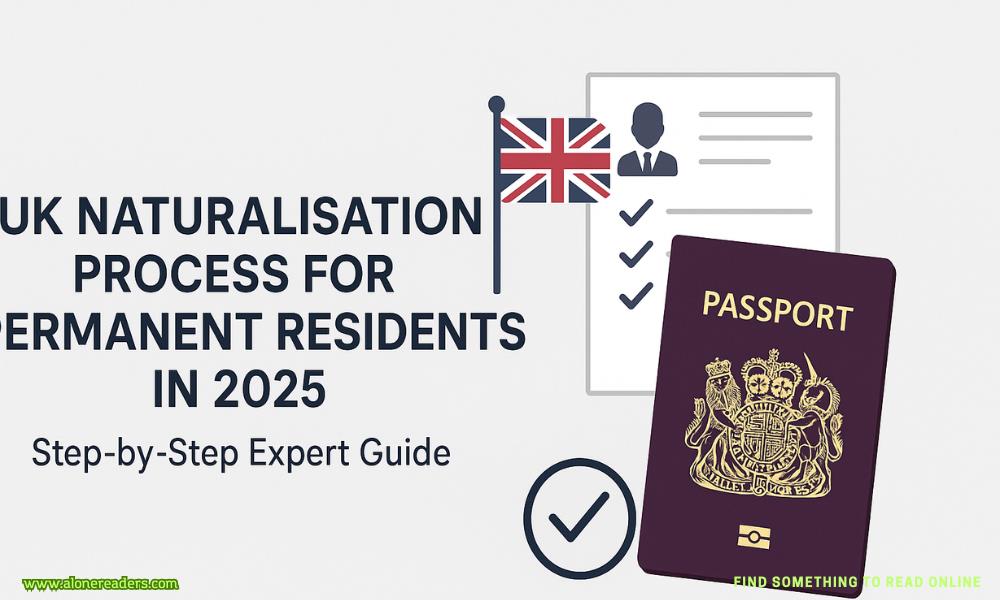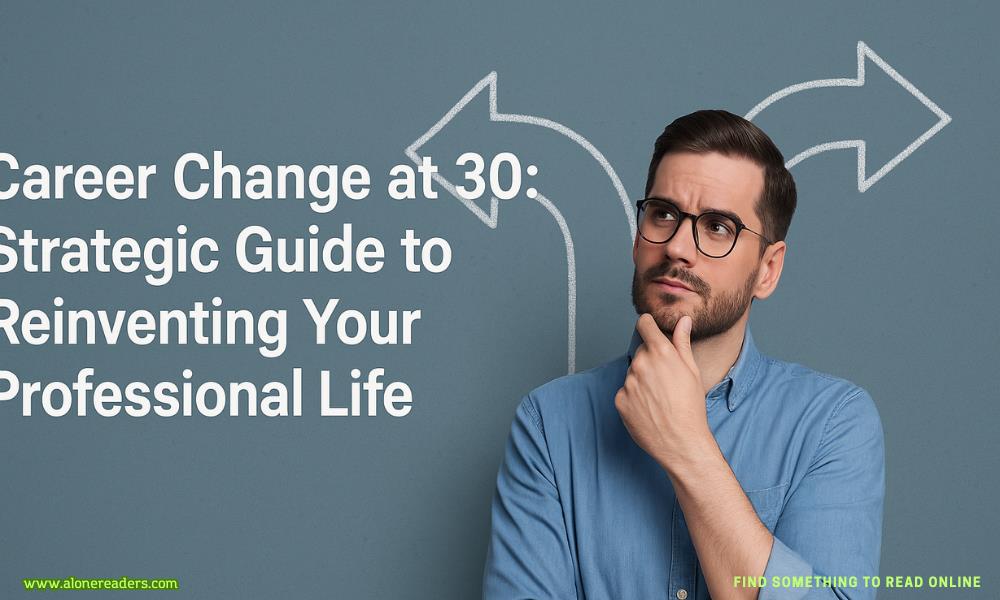Page 53 of Broken Country
And so we are apart when David drives the tractor forward, winching its colossal load, the dead tree rising inch by painful inch.
When the tree is a foot in the air, I see the first flash of red cotton and the sound that comes from me has no human in it, spirit shriek, ancient, guttural cry.
An ambulance has come through the gate and two paramedics are racing across the field with a stretcher, but I get to him first. My boy, my lovely boy, skull smashed, limbs broken and bloodied, but still him. Still mine. I lie down next to him as close as I can. He was right, the tree did make a huge gash in the earth.
I am here. I say it silently now. A pledge that has come too late, but I hope my words will find a way to reach him.
Bobby, I am here.
Part ThreeJimmy
The Trial
My mother, sister, and I are in the front row of the public gallery when my father takes the stand. There are many things I will never forgive myself for and here is one of the worst—the impact the trial has had on my parents. I’ve seen my father several times since the shooting but today, I am shocked by how much he has aged. Eleanor sees it too, for she gasps and grabs my hand. His hair has been thinning for a while but, from our bird’s-eye view, I see how the sparse strands he carefully sweeps over disguise an almost naked pate. His face is deeply lined, his neck has become craggy without any of us noticing, and his hands are shaking. For his court appearance, my dad is in his best suit, the one he used to wear to weddings and now gets out for funerals. A landslide of grief none of us were prepared for.
Once he begins talking—confirming his name, address, profession, and relationship to the defendant—my father’s nerves seem to disappear. This is his calm, confident teacher voice, a man who has spent three decades holding his pupils’ attention. We were advised to choose a professional person as a character witness, a doctor, a lawyer, a teacher, someone of high standing in their community. No one with better credentials than my father. Do I feel guilty about his testifying in court knowing, as I do, he does not have the full set of facts before him? Yes, I feel sick with it. If he finds out, there is every possibility he may never forgive me. But what else could I do? There are three of us bound by this lie and far too much at stake to risk telling anyone, even my dad, the truth.
The examination with our barrister passes easily enough. No difficult questions to trip my father up, plenty of opportunity for him to provide a glowing reference for the defendant. Beside me, my mother begins to relax. She even manages to turn to me at one point and smile.
But, all too soon, the Crown prosecutor Donald Glossop is standing for his turn.
His voice is gentle at the start, but I have seen enough of his cat-and-mouse tactics to dread what lies beneath.
“How long have you known the Johnson family, Mr. Kennedy?” he asks.
“I’ve known them many years. David Johnson, Frank and Jimmy’s father, was initially an acquaintance, I would say, rather than a friend. Hemston is not a big village and we all knew each other to varying degrees. Once my daughter married into the family, I came to know the Johnsons much better.”
“And in that time, did you see much friction between the two brothers? Can you think of an incident, perhaps an argument that got out of hand, an explosive row, say, or indeed any sort of conflict?”
“Absolutely not.”
I catch my mother’s half smile as my father leans forward with intent. She knows exactly what he is about to say; the two of them must have rehearsed his witness statement a dozen times.
“The brothers were closer than any siblings I have ever seen. They looked out for one another. Frank was a devoted older brother. He worried about Jimmy constantly and always tried to keep him on track. A good man, a kind man, he went the extra mile not just for Jimmy but for everyone in the village. And Jimmy was the same. A sweet boy, troubled at times, but with a big heart.”
“But, latterly, you were aware of the conflict between them?”
My father hesitates. For him, not telling the truth is an impossibility.
“Things became tense at the farmhouse in the days leading up to”—he stumbles, for the first time—“the tragedy. Jimmy became very volatile I am told. He was drinking heavily, and I believe it clouded his judgement. The brothers disagreed on how certain matters should be handled.”
It is unbearable, my father tying himself in knots as he tries to navigate the perilous task of saying enough, yet not too much.
“You’re referring to your daughter’s affair with Gabriel Wolfe?”
“I am not here to comment on my daughter’s private life. I am here for the sole purpose of providing character evidence for the defendant. Which I hope I have done.”
“I understand that, Mr. Kennedy. Nevertheless, I believe it is in the jury’s interest if I ask you how long you have known Mr. Wolfe.”
My father hesitates again. “I knew him as a young man, briefly.”
“When his relationship with your daughter began the first time?”
“Yes.”
“How long did that first love affair last, Mr. Kennedy?”
“Not long. One summer and perhaps a month or so after that.”
- Her Desert King by Marian Tee
- A Wife's Duty by Sam Crescent
- The Gift that Keeps On Giving by Jessa Kane
- Hard Hearts by Ella Goode
- Obsidian Devotion by Sylvia Rae
- Sold to the Single Daddies by Summer Haze
- Coast by Jessica Gadziala
- Jezebel's Liberation by Lacy Rose
- A Touch of Fate by Cora Reilly
- Relentless Knight by Lisa Cullen
- The Cheerleader by Jade Marshall
- With this Ring by Sierra Cartwright
- Axel by Kelly Finley
- Ice Cold Liar by Cynthia Eden
- Her Daddies' Everything by Laylah Roberts
- Bound By Lust by Rose Marie







